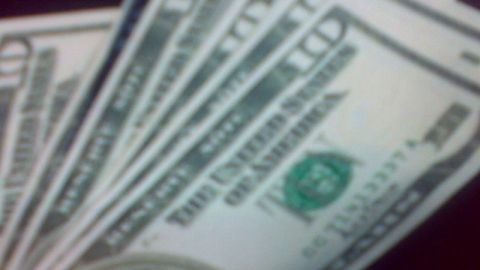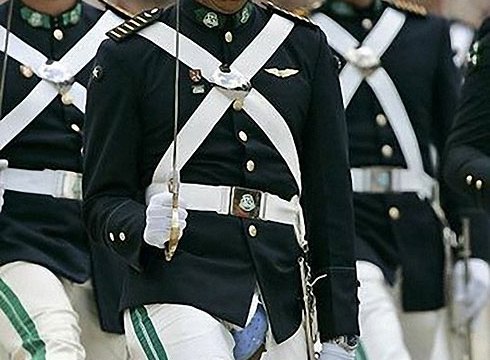Lobbying Congress With Bailout Money

The country’s six largest banks have hired more than 240 former government officials to lobby Congress as it debates regulating the financial industry. That’s according to a new report (pdf) by several progressive and labor groups. According to the report, those six banks—Goldman Sachs, Bank of America, JPMorgan Chase, Citigroup, Morgan Stanley and Wells Fargo—have spent around $70 million dollars lobbying Congress since the federal bailout of Bear Stearns. And that’s nothing compared to the more than $500 million banking trade organizations have spent.
The report isn’t particularly surprising. Nor would all that lobbying necessarily be inappropriate under normal circumstances. Banks, like any business, have a right to let politicians know how they feel about policy that affects them. Banking in particular is a heavily regulated industry, and regulators need to know how banks think the regulation affects them. That’s especially true now, as Congress considers a whole slew of new regulations on the finance industry.
At least one bank, Citigroup, disputes the accuracy of the report, saying they have 36 former government officials lobbying for them, not 55. But that’s obviously still a lot. The sheer scale of corporate lobbying is certainly a cause for concern. The amount of money banks—or any major corporations—can contribute to political campaigns can easily be the difference between winning and losing an election. And politicians know that if they play ball with industry lobbyists, there will be a lucrative lobbying position for them when they decide to leave office. If lobbying money doesn’t go directly into politicians’ pockets—as for the most part it doesn’t—it nevertheless provides a huge incentive for politicians to stack the deck in an industry’s favor. It can lead to what economists call “regulatory capture,” when commercial or special interests have so much power that they can effectively write their own regulation, or even get the government to grant them subsidies that make the money they spend on lobbying well worthwhile.
That’s what makes bank lobbying so galling right now: they’re doing it with tax-payer money. They’re doing it with our money.
The point of bailing out the banks after the financial crisis began was to keep liquidity from drying up. Most economists agree that the bailout did actually keep credit from drying up completely and kept the crisis from getting worse. But banks were also slow to reextend lines of credit to small businesses around the country. Instead they loaned much of the government’s own money back to it, pocketing the interest while doing nothing to stimulate the economy.
They also apparently spent millions of dollars of that money lobbying the government to continue treat the industry favorably. The hundreds of millions of dollars the banks spent to lobby Congress are just a small fraction of the hundreds of billions of dollars they received from Congress. But it’s still basically a kickback: politicians who supported extending bank cheap lines of credit got some of that money bank in campaign donations. And if it was just a small fraction of the bailout money, e didn’t bail out the banks so they could spend the money on lobbyists. We could have been spent creating jobs. Or we could have returned it to the American taxpayer.
So here’s an idea for the next time we have to bail out the banks out. Banks that take money shouldn’t be able to spend it on lobbyists or campaign contributions. If they want to make their views heard, they can do it in front of a congressional committee.





